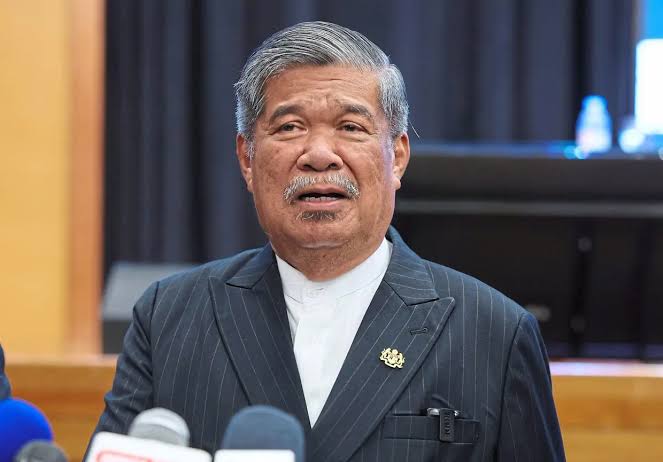The Malaysian government has ended price controls and chicken subsidies to redirect savings into the livestock sector for long-term sustainability, Agriculture and Food Security Minister Mohamad Sabu said.
The move aims to revive abandoned chicken farms, modernize outdated systems, and provide financing support to farmers.
These initiatives are designed to increase the country’s chicken production capacity in a more competitive and sustainable way.
However, Mr Sabu emphasized that the public should not expect immediate benefits from these policy changes.
The removal of chicken subsidies and price controls, which took effect on November 1, 2023, is a long-term strategy.
Policy rationale and future investments
“Some initiatives take time to yield results—sometimes even years—before the impact is fully felt by the people and the nation,” he stated in a Facebook post.
He urged the public to evaluate government policies fairly, stressing that no rational government intends to make life harder for its citizens.
“Every policy is based on research, stakeholder engagement, and careful analysis to ensure economic stability and improve citizens’ well-being,” he said.
The decision to end chicken subsidies and price controls was made to prevent subsidy leakage to foreigners and high-income groups, he added.
The government plans to reinvest the savings into socio-economic and welfare programs, including cash assistance for those who need it.

